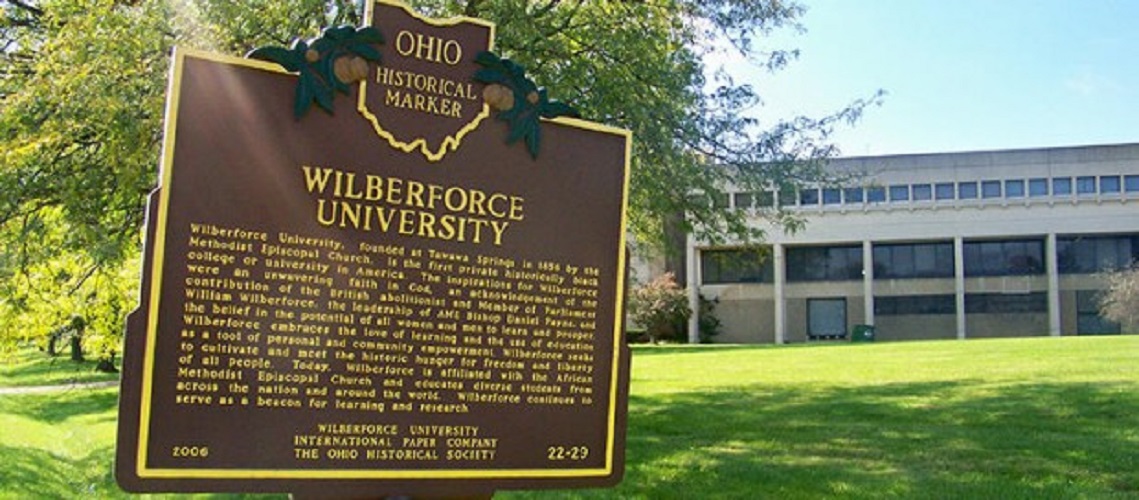Courtesy of Wiberforce University
Psychologists say part of the social responsibility of Black men is to support other Black men. Research further shows that creating an open, free space as a foundation for that underpinning is also necessary.
Dozens of young, Black male students at Wilberforce University converged for a brunch in the aerobics room at the Louis Stokes Health Center on the university’s campus. This is where connectivity bonded their conversations. Those are the same interpretations that will sound different from the stigmas that have been historically placed on them.
“There is a level of empowerment when men can express their ideas and feelings to other men,” said Dr. Parris Carter, VP of Student Engagement and Success. “This also provides a real benefit to create quality personal and professional growth.”
This event was a first for Wilberforce, the nation’s first, private historically Black college/university (HBCU). The university’s male administrators, faculty, and staff will eventually serve in an advisory capacity, but for now, upperclassmen will mentor their first and second year brothers.
Sophomore Alexander Murphy, a political science major from metro Detroit, Michigan says this kind of camaraderie is essential to upward mobility and academic advancement.
“Any time Black men can get together and celebrate ourselves and showcase Black excellence and innovation, I am there,” said Alex.
The keynote speaker for Friday’s brunch was Dr. James Pogue, an inclusion and bias, multi-generational intelligence executive coach. Dr. Pogue is no stranger to Wilberforce. He served as its dean of retention a decade ago.
The fellowship brunch was designed to continue “heart to head” discourse that will support navigating lives through and past campus life.

